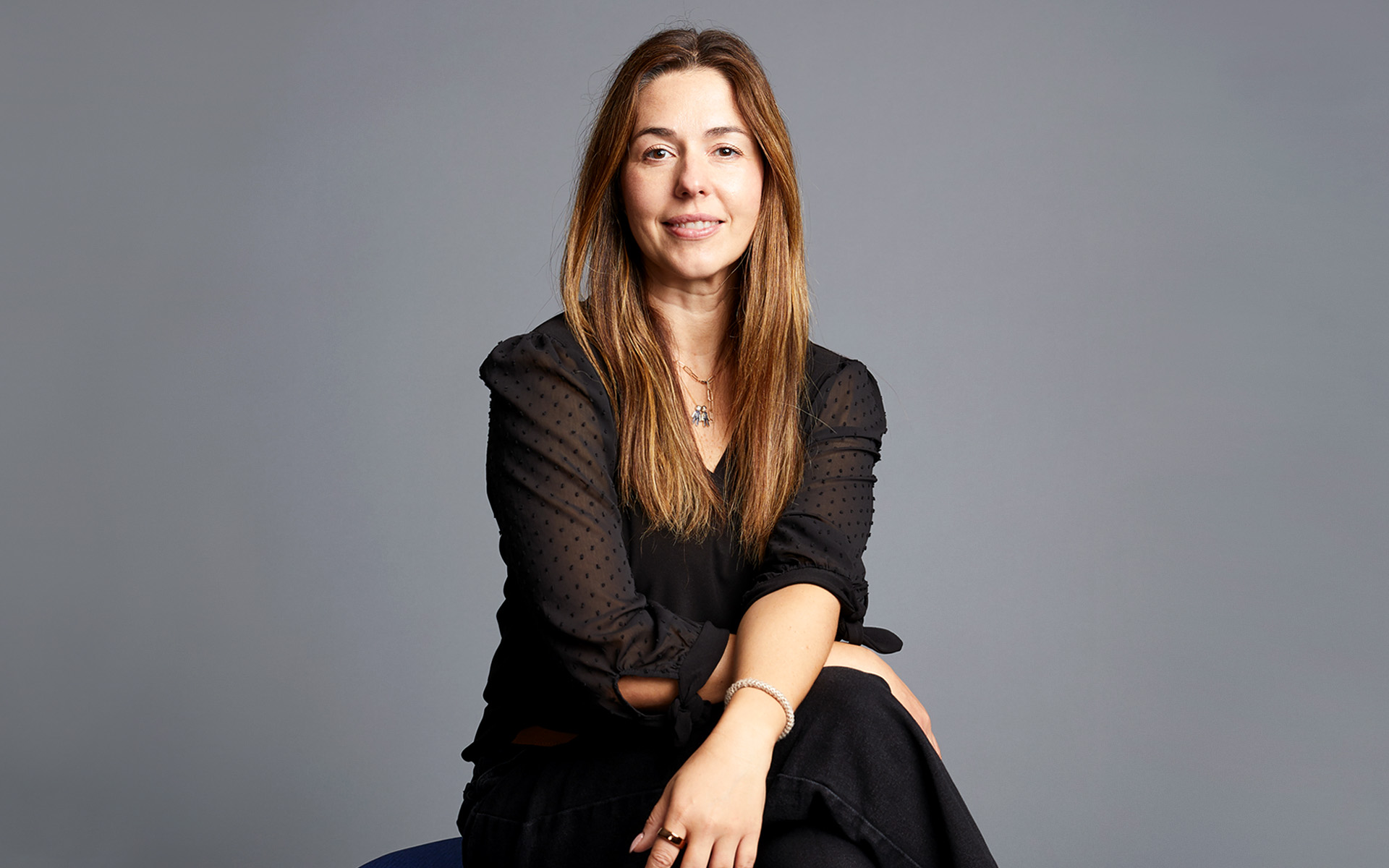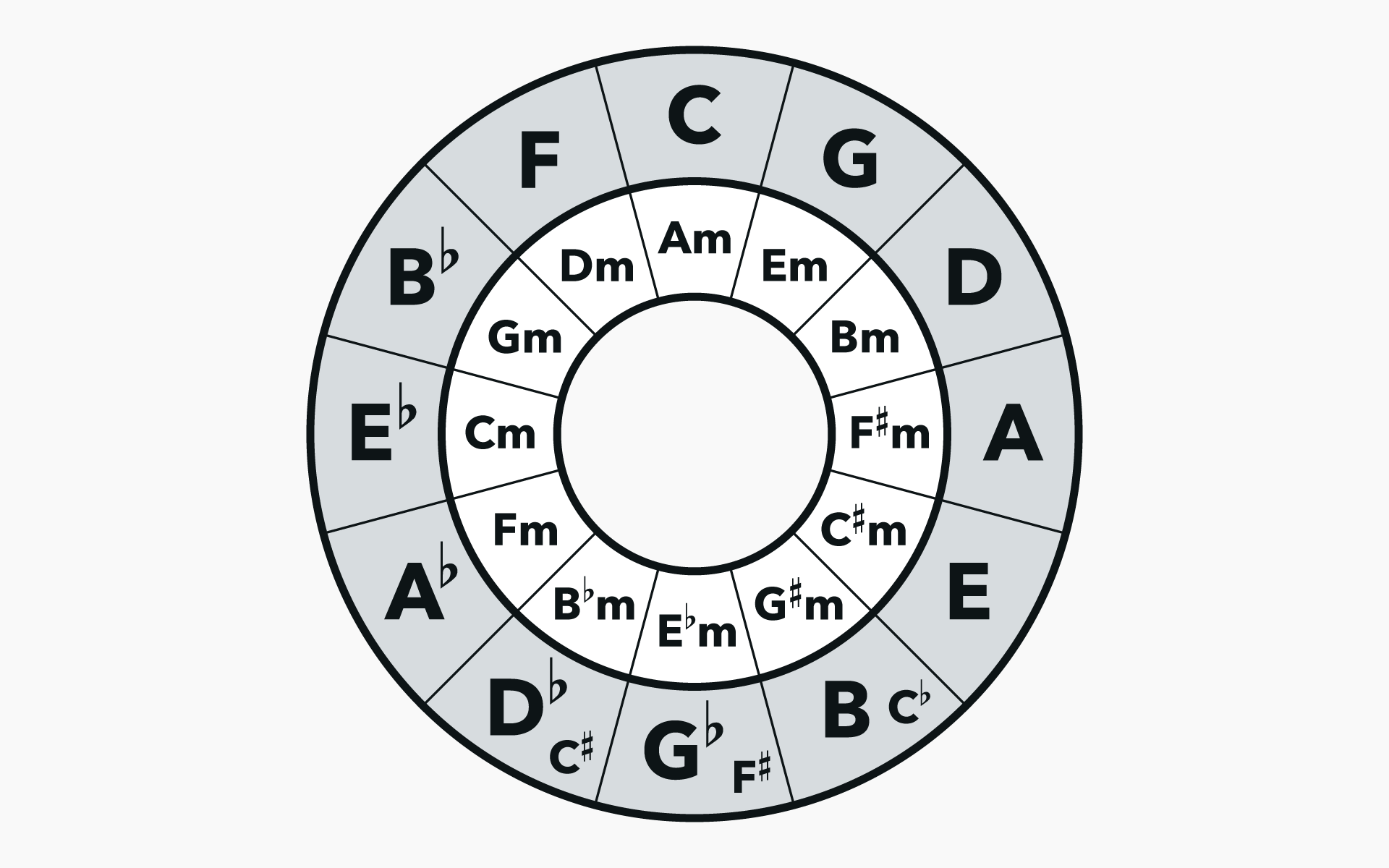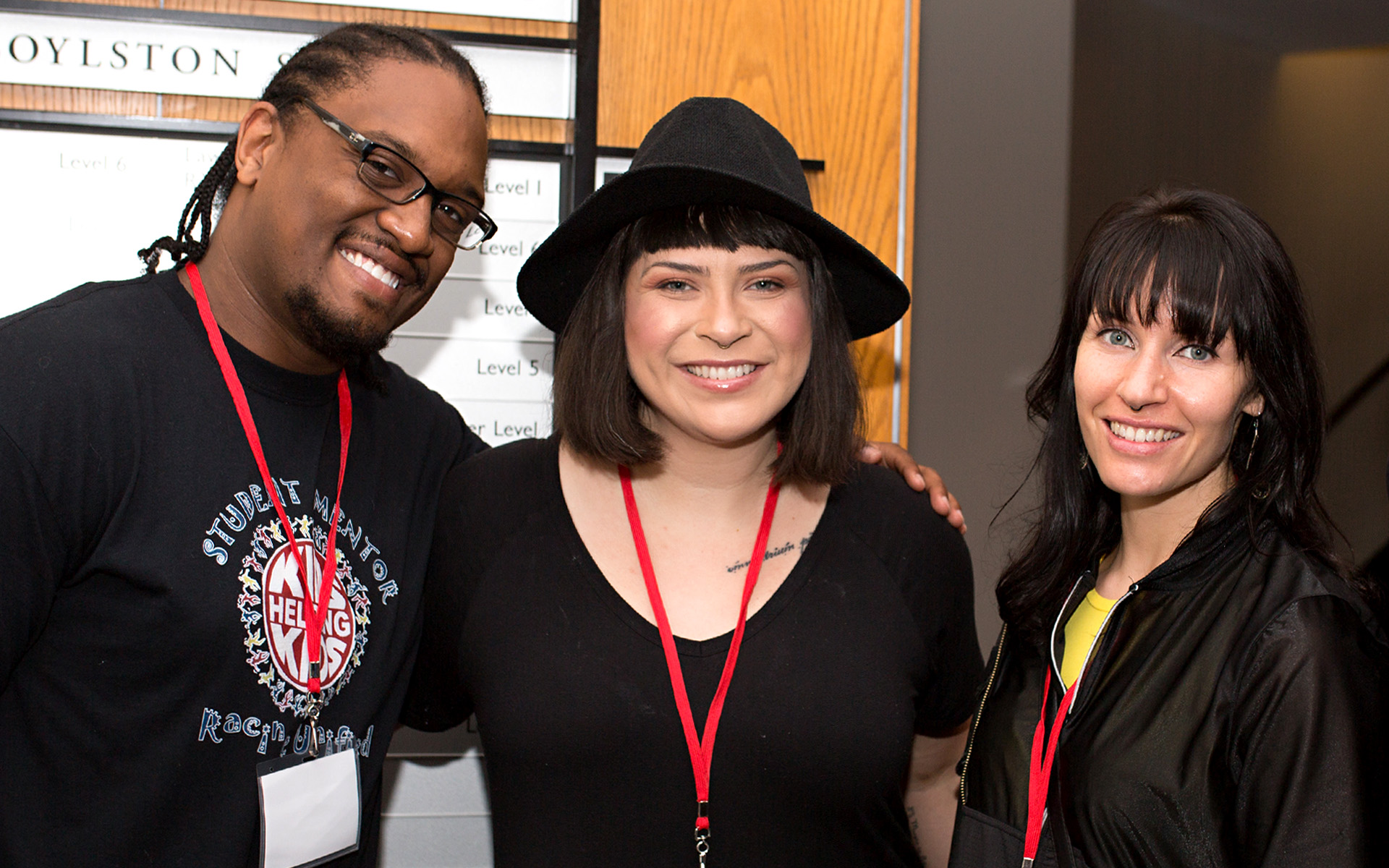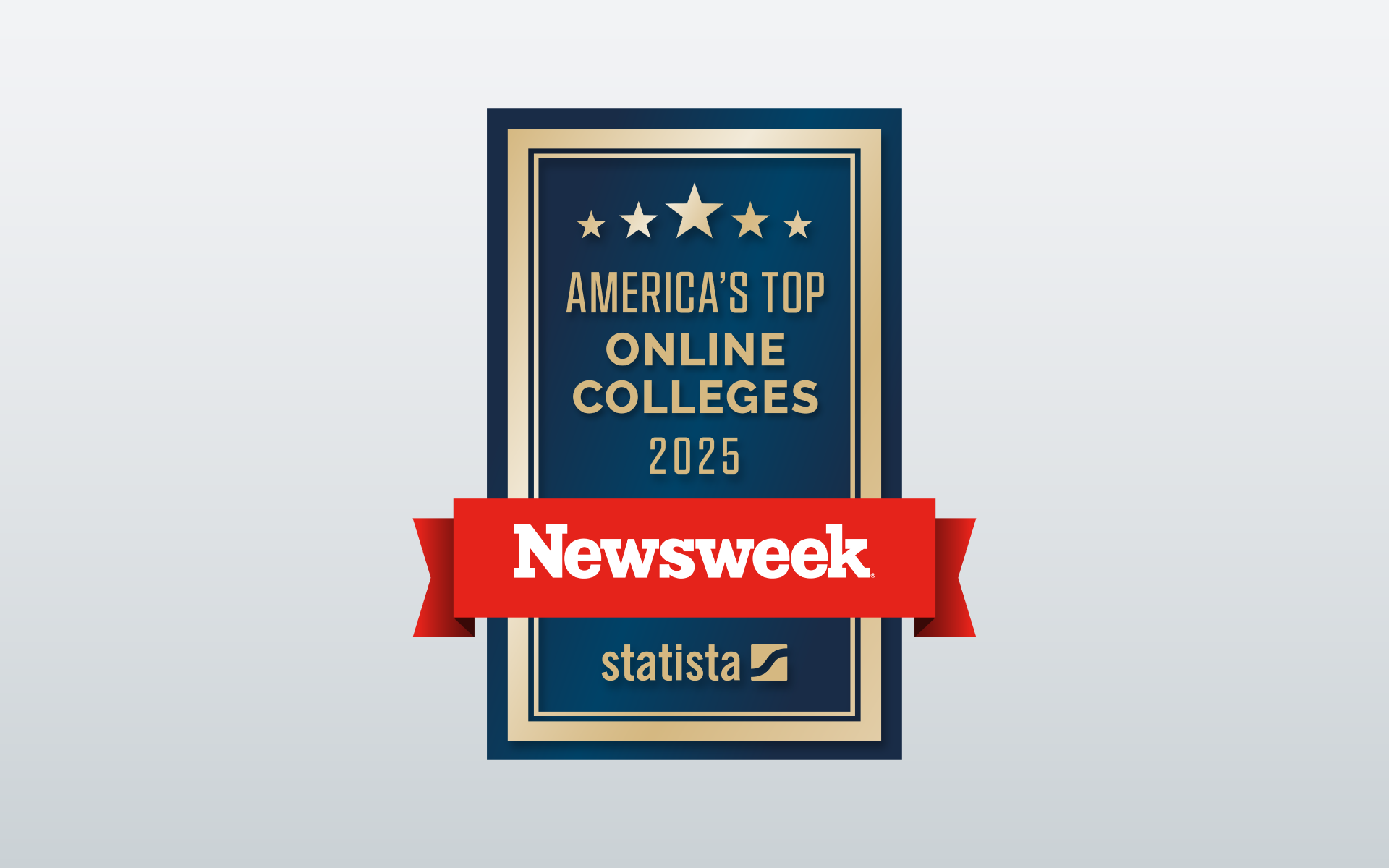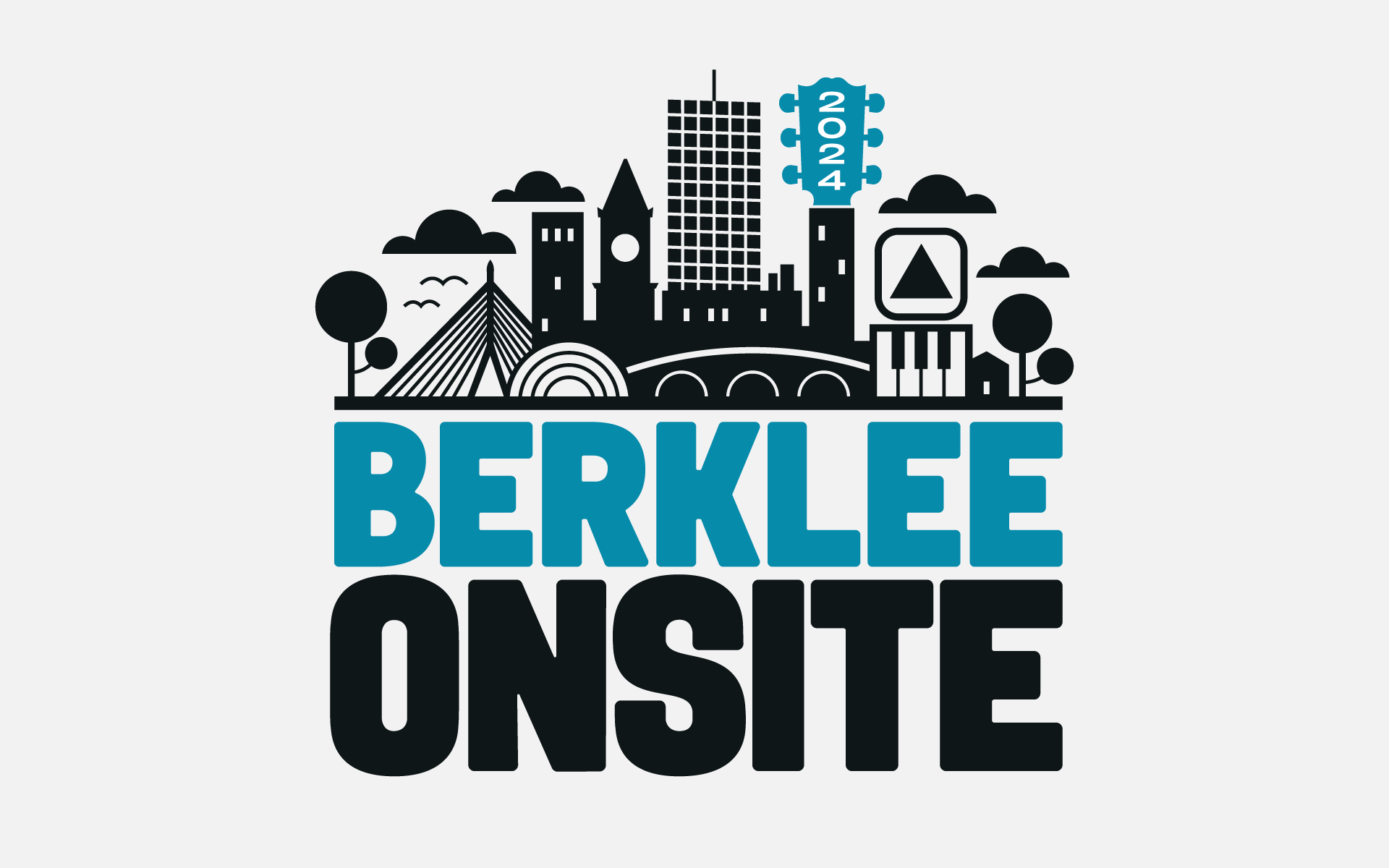A recent review of enrollment data has revealed that the number of women earning degrees at Berklee Online has increased by 78 percent in the past six years, jumping from 338 degree students who identified as women in their application in the 2017/2018 academic year, to 603 in the 2022/2023 academic year. This is compared to Berklee Online’s population of men, which grew 52 percent in the past six years, jumping from 800 to 1,222 students.
Berklee Online’s enrollment trend is a glimpse into an optimistic future with more women pursuing careers in music, an industry which has traditionally been criticized as a “boys’ club,” with an unfairly higher barrier for entry for women.
In 2021, the Wall Street Journal reported that women make up 60 percent of college students, with the number of men enrolling in college dropping to concerning levels. But the gender gap is the opposite in the music industry, with men outnumbering women, especially in certain fields. According to the latest study from the USC Annenberg Inclusion Initiative, in 2022 women made up 30 percent of all artists in popular music, 14 percent of songwriters, and 3.4 percent of producers.
Although we can’t make a direct correlation between the gender makeup of online music students and artists in popular music, Berklee Online’s enrollment trends have followed the music industry more so than higher education. The percentage of women studying at Berklee Online reached 33 percent total in 2022/2023, which corresponds to the number of women working in popular music. Like the music industry, there is still much more room for improvement to reach a gender parity.
There is no single factor that Berklee Online can attribute to the increase in women who are pursuing degrees, but there are a number of factors that may have played a role. We acknowledge these findings are limited in capturing both gender diversity, and the intersection of race and gender. Further down we’ll discuss some additional findings.
Women in Highest Leadership Roles
Berklee Online was co-founded by CEO Debbie Cavalier in 2002, and she currently serves as Senior Vice President for Pre-College, Online, and Professional Programs at Berklee.
“Women’s leadership at the highest level is a transformative force, breaking barriers, challenging norms, and paving the way for a more inclusive and equitable future in the music industry and every industry,” says Cavalier.
According to the American Psychological Association, having women in leadership roles creates a variety of benefits, including improvements in perceived fairness. A 2021 study found that “female leaders cued organizational trust in both male- and female-dominated industries.” Subconsciously or consciously, a woman-led institution may be seen as more attractive to prospective students who are women.
Support and Flexibility
According to the Pew Research Center, 44 percent of surveyed women who were not enrolled in college said it was because of lack of affordability, and 38 percent said they needed to work to support their families. Berklee Online addresses these issues by offering tuition at a fraction of the price of an on-campus college, providing flexible learning opportunities where students can study on their own schedule, and by offering support through one-on-one student advising, career mentoring, and free teletherapy for degree students.
“Balancing school with work and family responsibilities is challenging for any student, especially women students,” says Maggie Atwater, Senior Academic Advising Manager. “Providing ongoing assistance to our students is vital to a successful academic journey. Our team of dedicated Academic Advisors, who individually support each degree student during their studies, as well our free therapy sessions through UWill, have been game-changing in allowing our students to focus on getting the most out of their courses each semester.”
Reexamination of Marketing Materials
In the past few years, Berklee Online has made concerted efforts to increase inclusivity in its marketing to feature diverse people and perspectives. Such initiatives in the marketing department include partnering with organizations that promote women in music.
“Berklee Online is a place where anyone who is passionate about music is welcome to study, and it’s important that absolutely everyone feels welcome,” says Greg Faucher, Senior Director of Marketing at Berklee Online. “In recent years we’ve prioritized partnerships with women-centric organizations such as She Rocks, Beats by Girlz, and Women in Vinyl.”
Other efforts include creating organic content that features a diverse group of students and alumni, and also investing in photoshoots that feature more musicians of color, of which appear on the Berklee Online website, in ads, and on social media.
“Going beyond simply including women in our marketing, it’s also important that we don’t represent women in a singular, stereotypical way, for example, only as pop vocalists,” says Emily McInerney, Senior Director of Enrollment Marketing at Berklee College of Music. “We want to show that there is space for women behind the mixing board, in the record label boardroom, and as a touring instrumentalist.”
Increased Scrutiny of Course Content
In addition to an increase of representation of women in content for prospective students, Berklee Online has also placed more emphasis on the diversity, equity, and inclusion review process for content in its 12-week courses for current students.
“I think at the core of every good educator is the drive to provide the best opportunities for our students, and this is no different for the people who work and teach at Berklee Online,” says Carlyn Costales, Curriculum Manager at Berklee Online. “Since we know that students are more successful when they can see themselves reflected in the curriculum, we made it our job to create and update our courses to include individuals, ideas, and examples from all walks of life.”
Courses are now put under more scrutiny before they are published to ensure that they feature more women artists, have more examples of music created by women, and that the content is free from sexist language, among many other DEI considerations. Feedback channels have also been put into place where course authors, course developers, course editors, and the curriculum manager can reach a consensus on content that could be potentially harmful or lacking representation.
“As both our staff and student body becomes more diverse, we are able to locate holes in our curriculum that may have once neglected groups of learners,” says Costales. “By incorporating this essential approach into our curriculum creation and update process, we are welcoming all of our students to share their authentic selves with us and their cohorts.”
Research About Women in the Music Industry
Conducting research into the realities of the gender gap in the music industry is an important step in creating policies and solutions. In the past several years, the Berklee Institute for Creative Entrepreneurship published influential research on the topic in collaboration with The Recording Academy and The Herberger Institute for Design and the Arts at Arizona State University. This includes two very important studies that were co-authored by Erin Barra, a course author for several Berklee Online courses in music production and songwriting. The 2019 study, Women in the U.S. Music Industry, Obstacles and Opportunities, was co-authored by Becky Prior, and Sharon Kramer, Ph.D., and laid the groundwork for the 2022 Women in the Mix study, which, in addition to Barra, was co-authored by Mako Fitts Ward, PhD., Lisa M. Anderson, PhD., and Alaysia M. Brown, MS.
The findings and recommendations in these papers are being used to create a dialogue and to help direct more resources into the advancement of women and gender-expansive people in the music industry and at Berklee Online.
Gender Diverse Students
According to Berklee’s 2022/2023 Factbook, reporting requirements from the US Department of Education are based on a methodology that may undercount students in specific demographic groups. To be more inclusive in the data-reporting process, a separate methodology was used to count students in the gender category they have identified.
Gender identity data is available for 46 percent of all Berklee students, of which two percent of Berklee Online students identify as transgender or gender diverse. This number is on par with other enrollment areas, including Berklee College of Music in Boston, the Boston Conservatory, and Berklee Valencia. Berklee is committed to working to increase the number of gender diverse students, and to developing a methodology that is inclusive of all students.
Racial and Ethnic Diversity
Intersectionality of gender and race is a crucial consideration in enrollment data, especially when white women are twice as likely to earn a bachelor’s degree by the age of 29, compared to Black and Latina women, according to the American Association of University Women. While we don’t know the racial breakdown of Berklee Online’s population of women, we know that Berklee Online’s entire degree population is 58 percent white, 17 percent Hispanic or Latinx, 10 percent Black or African American, four percent Asian American, seven percent two or more races, and less than one percent Indigenous American or Alaska Native and Native Hawaiian or Pacific Islander.
Still More Work to Do
While a 78 percent increase in women enrolled in degree programs at Berklee Online is something to celebrate, it doesn’t mean that the work stops there. Berklee Online is committed to making the student experience better for people of all genders and intersecting identities.
“I’m extremely encouraged that more women will have the opportunity to break through gender barriers in the music industry by pursuing a degree in music, and hopefully at some point in the near future this will not be a trend that we need to report on,” says Cavalier. “It’s necessary to reflect on the progress that we’re making, but I look forward to a time when it’s really about people studying music—regardless of gender identity, we’re all musicians.”

